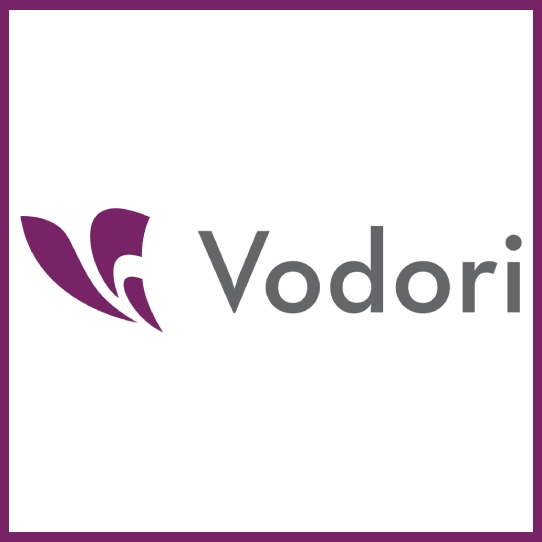Department-Specific Reviews can Streamline Material Review Workflows Leading to Faster Approvals
Organizations are increasingly seeking ways to streamline internal processes while ensuring compliance and maintaining high standards. One approach gaining traction is department-specific reviews or role-specific reviews. This method assigns review responsibilities to specific departments or roles, rather than having every piece of content reviewed by all departments. This strategy not only clarifies responsibilities but also ensures that only the necessary reviewers are involved in each step, optimizing efficiency and regulatory adherence.
How can organizations effectively implement department-specific reviews, and what factors should be considered to determine their appropriateness?
This question is at the heart of the latest episode of “Amend & Progress by Vodori,” hosted by Annalise Ludtke and featuring Anne Swearingen, CEO of 6 Tangerines Consulting. Swearingen shares her thoughts on how organizations can streamline their review processes by implementing role-specific reviews, drawing from her extensive experience in optimizing workflow efficiencies.
Episode Highlights
- Definition and Contextualization: Department or role-specific reviews involve assigning specific review responsibilities to certain departments or roles, rather than having every piece of content reviewed by all departments. This helps clarify who is responsible for what and ensures that only the necessary reviewers are involved in each step.
- Risk-Based Approach: Organizations must assess the risk associated with different types of content to determine when department-specific reviews are appropriate. High-risk content, such as marketing materials with medical claims, might require comprehensive reviews, while lower-risk items, like conference invites, could be handled by a single department.
- Benefits and Considerations: The primary benefit is increased speed, as fewer reviewers can mean faster approvals. Other benefits include reduced workload for reviewers and the ability to tailor the review process to fit the specific needs of different types of content. Organizations must consider their regulatory environment, resource availability, and internal processes when deciding how to implement these reviews.
Anne Swearingen, CEO of 6 Tangerines Consulting, brings a wealth of knowledge and experience to the discussion. With a strong background in regulatory affairs and consulting, Anne has helped numerous organizations optimize their review processes and navigate complex regulatory landscapes. Her expertise makes her a valuable voice in this conversation, offering practical advice and strategic insights.




